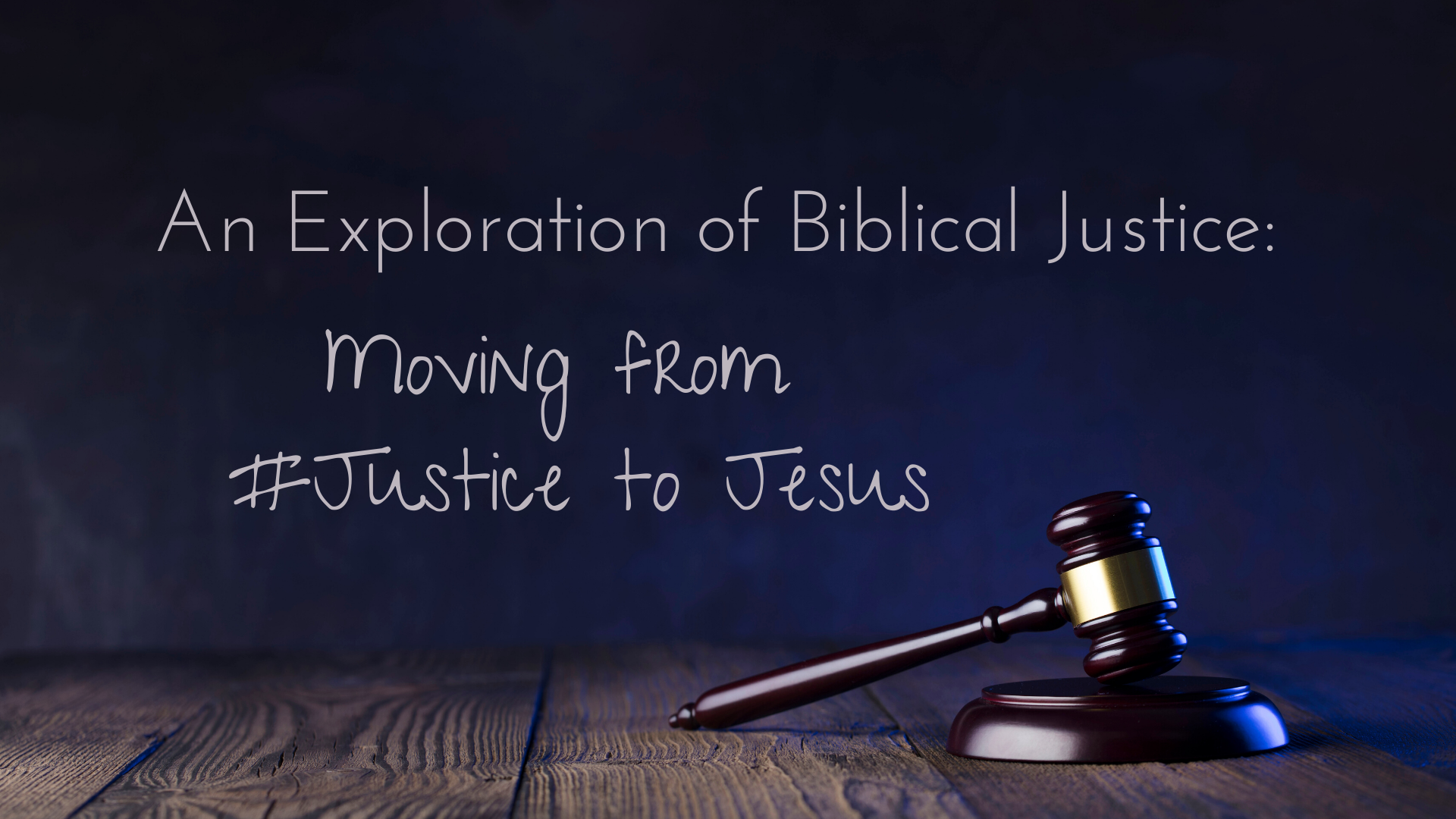An Exploration of Biblical Justice: Moving from #Justice to Jesus

Hello BC family! We wanted to share this video with you in hopes that it may serve as a helpful tool as we seek to discern how Jesus would have us respond to the racial injustice and tensions in our nation at this moment of history. This video is a discussion between Jonathan Tremaine Thomas and Tami Flick, the leaders of an organization called Civil Righteousness, whose mission is “racial reconciliation and restorative justice through spiritual, cultural, and economic renewal.” Below the video are some notes and notable quotations to explore.
One of the most helpful subjects addressed in the video is the question, “How do we discern if a cause or movement is from the Lord in order to know whether or not we should align ourselves with it?” We feel that their advice to start by asking the following questions represents sound wisdom:
- Does this cause/movement glorify Jesus?
- Does this cause/movement glorify evil (sin) as defined by Scripture?
- Who initiated this cause/movement and who else has linked arms with it?
A pertinent contemporary test case for using these questions in discernment would be the Black Lives Matter movement. While we as followers of Jesus can and must unequivocally affirm the statement that “black lives matter,” not just because all lives matter equally to God, but also specifically because black lives have been historically treated as if they did not matter in this country, we have good reason to be very cautious about aligning ourselves with the official BLM movement as an organization because of where it falls with reference to the above three questions.
Below are some other key quotes and thoughts from the video that may also be helpful for you to use for reflection and discussion:
“There is no justice without Jesus… I am not a ‘social justice’ guy. I’m a Jesus guy. And because I’m a Jesus guy, I care about justice.” (J. T. Thomas)
“The term ‘social justice’ has been hijacked… ‘Social Justice’ is the pursuit of justice through a humanist lens.” (J. T. Thomas)
“Indignation that does not produce the peaceable fruit of righteousness—love, joy peace, patience, kindness, etc.—If those fruits are not following your acts in the name of justice, then your justice is not a righteous justice.” (J. T. Thomas)
“How do we access heaven’s strategies and intervention [for responding to injustice]? We must seek the Lord in the place of intimacy and prayer, fasting, worship, and meditating upon the word, because we know according to Psalm 25 that God reveals his secrets to those that fear him. He speaks to those that are listening, and strategies to upend injustice are conceived in the place of intimacy with God.” (Tami Flick)
“Those of us who follow Christ are called to a higher standard in how we live and love, and that standard includes how we confront injustice. Our knee-jerk reaction to seeing an apparent act of injustice highlighted on social media cannot be simply verbal or even action-based activism. If Jesus is truly our Lord and Savior, we must first connect with his heart, his wisdom and discernment for that situation.” (Tami Flick)
“As we are trying to figure out how we are to respond to acts of injustice, it’s so important that we realize that we must first go to the Lord, and that he is the one who gives us his ideas, and that when he gives us his ideas and his strategies, those strategies will always bear fruit… When his still small voice speaks to each of us about what we are personally called to do to bring justice to our spheres of influence—and maybe for some of us to bring justice to our cities—there is fruit behind those words, and there is fruit attached to our obedience.” (Tami Flick)
“Social justice,’ or the societal understanding of justice from a humanistic worldview, reaches first for an external ‘tearing of the clothes’—we want the systems to change, the government to change, the leadership to change, the police to change, and so on… It reaches first for an external transformation, a societal transformation without emphasizing personal transformation. Or it points the finger and says ‘you need to change,” but it doesn’t say ‘I need to change.’ Whereas Biblical justice says…‘rend your heart first.’ It’s your personal transformation that then leads to systemic and societal transformation.” (J. T. Thomas)
“Intimacy is the key to authority. So what we don’t need is more random acts of ‘justice’ that do not have authority to move things in the heavenlies. What we do need is an open ear and an obedient heart to respond. What does that mean practically? Listen and obey.” (J. T. Thomas)
